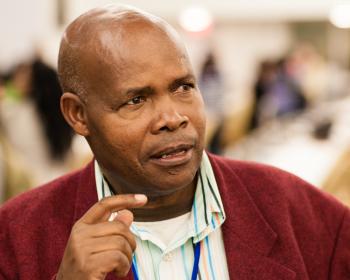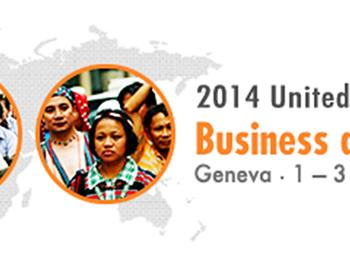

By Madeline McGill
Violence between the Tanzanian government and the Maasai people of Loliondo has continued to mount in the face of their eviction from ancestral lands on the Western Serengeti.
Since February 12, 2015, Tanzanian government forces have begun forcibly evicting Maasai from their homes, burning houses to the ground, injuring civilians, and leaving women and children without shelter or protection.
After months of government threats, eviction became a reality yesterday for the Maasai of Loliondo, Tanzania, in the Western Serengeti. According to reports from a Maasai source in Tanzania, Tanzanian government forces have entered villages and Maasai homes have been burned. The evictions reportedly started on Thursday, February 12 and continued through today.
Corporations are increasingly recognizing the link between good business and respecting human rights. This is reflected in the more than 12,000 corporate participants and other stakeholders from over 145 countries in the UN Global Compact, the largest voluntary corporate responsibility initiative in the world. The Global Compact is a strategic policy initiative spearheaded at the United Nations for businesses committed to aligning their operations and strategies with 10 universally accepted principles in the areas of human rights, labor, environment, and anti-corruption.
By Emily Sanders
Four days of violent conflict within a natural gas concession known as Block 108 in the Junin province of Peru led to the death of 25-year-old protestor Ever Perez Huaman. Huaman was allegedly killed by a gunshot wound to the abdomen, and many other protestors were injured and subject to tear gas fired at them by police. The area in conflict, whose ecosystems are threatened by Peru’s largest oil and gas producer Pluspetrol, is home to Indigenous Chanchamayo communities.